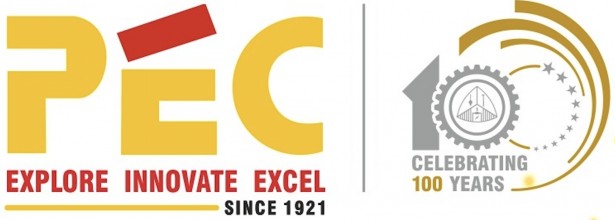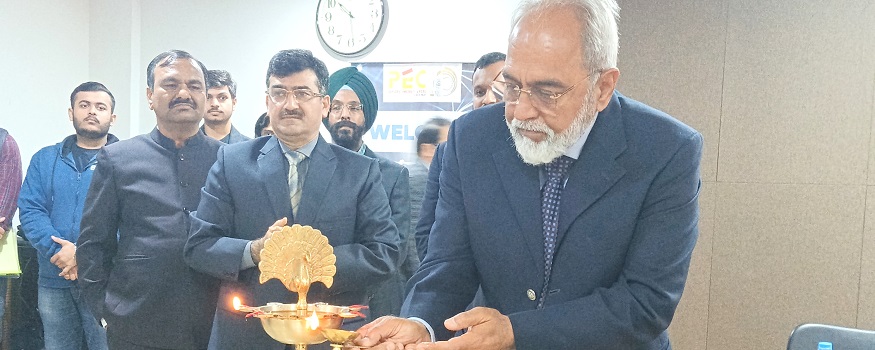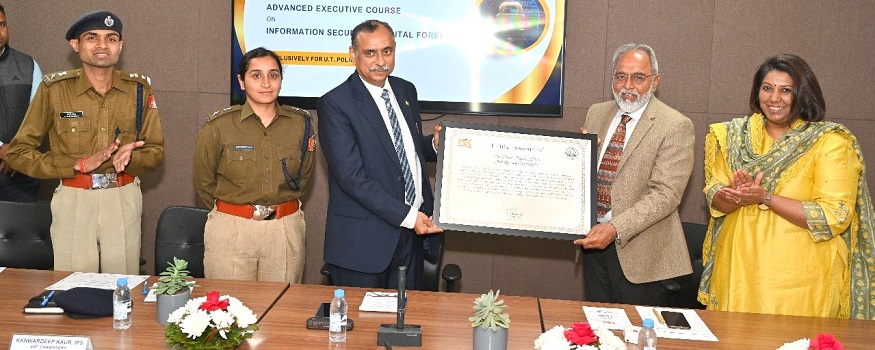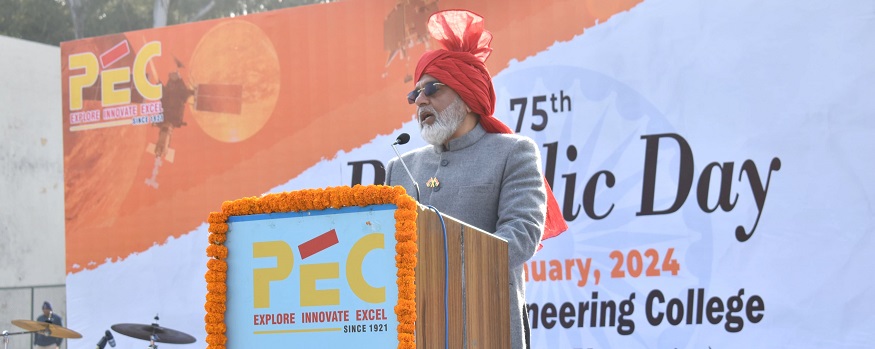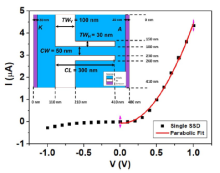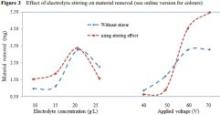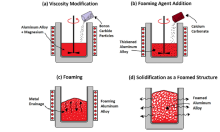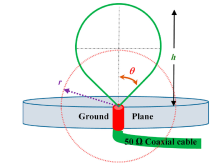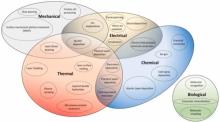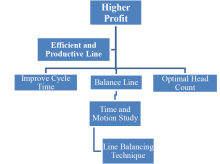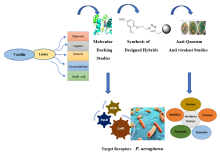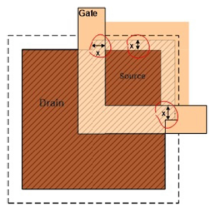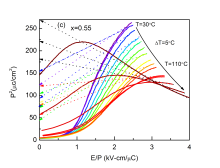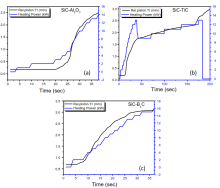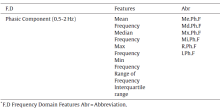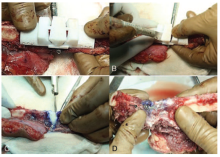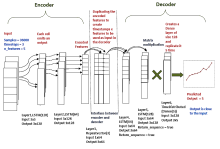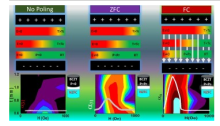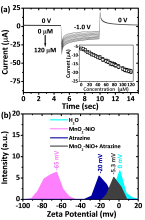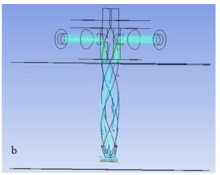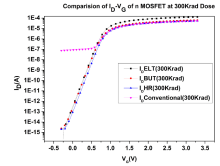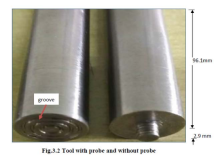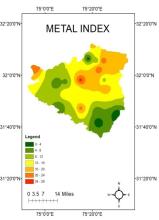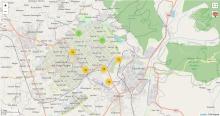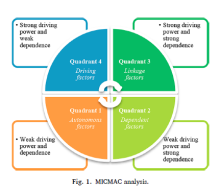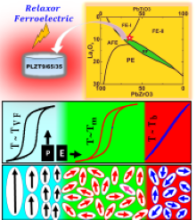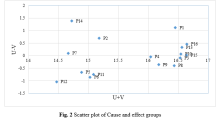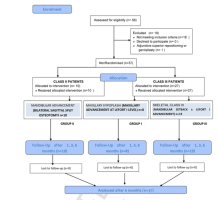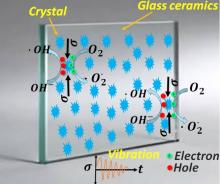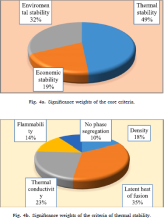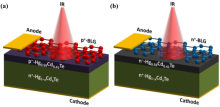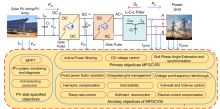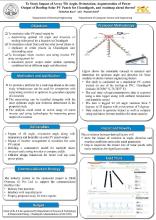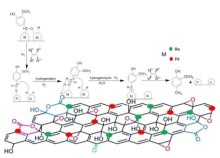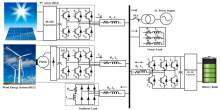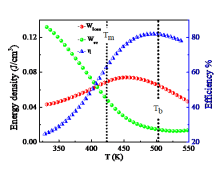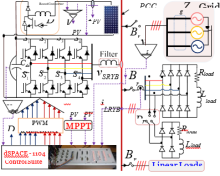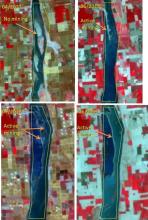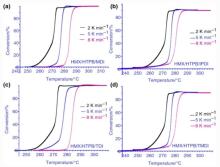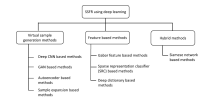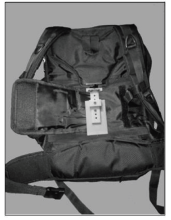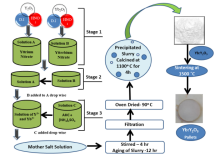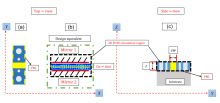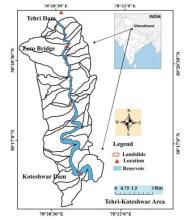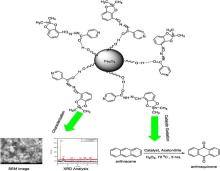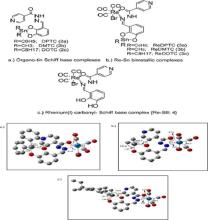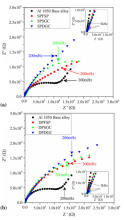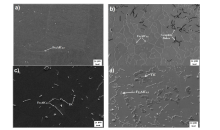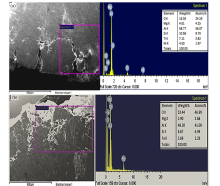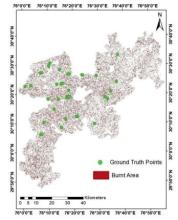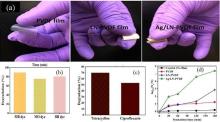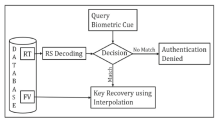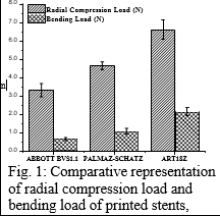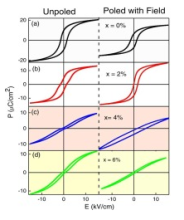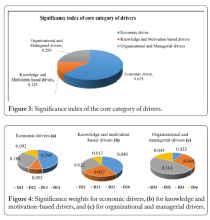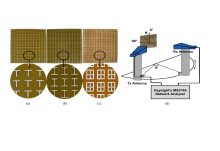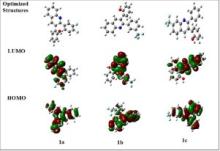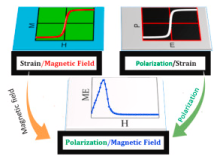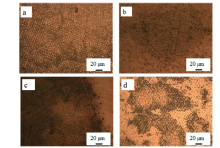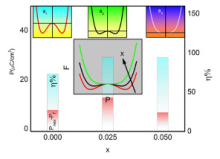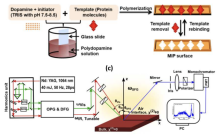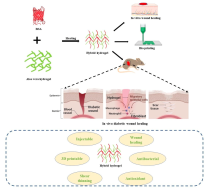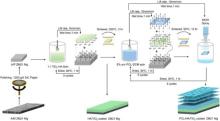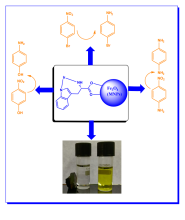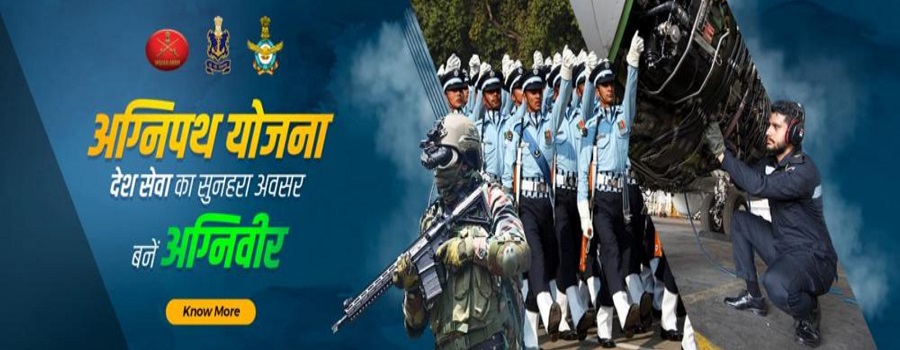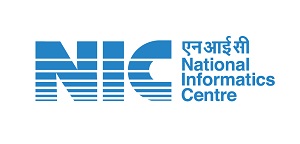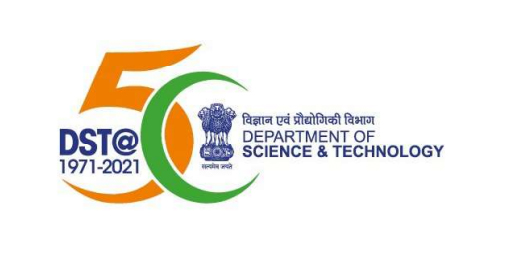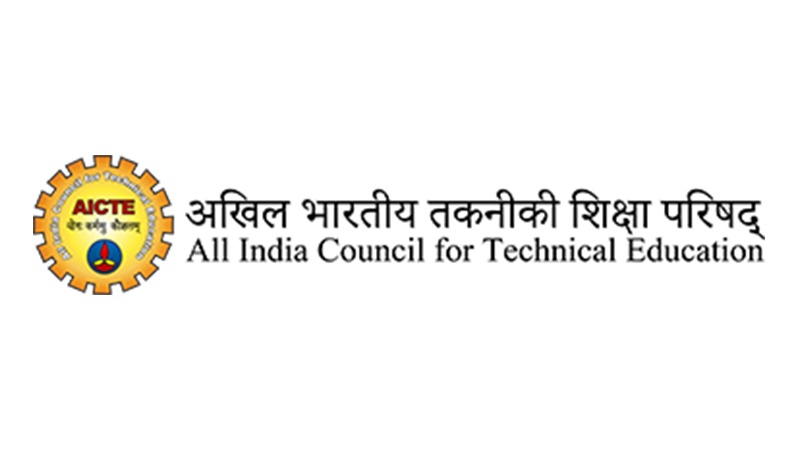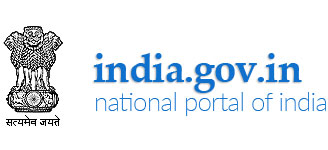Announcements
Home
Upcoming Programmes for Admission
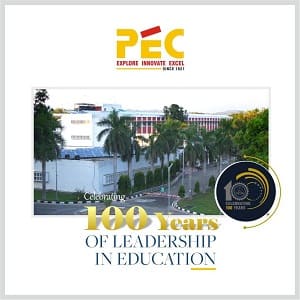 Centenary Celebrations
Centenary CelebrationsCentenary Celebrations
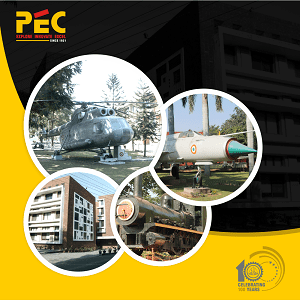 Admissions
Admissions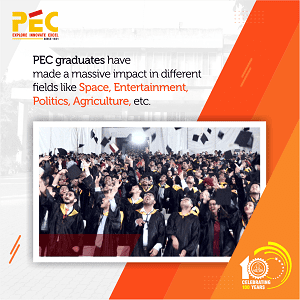 Academics
Academics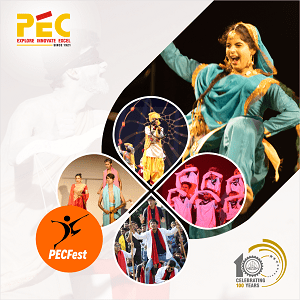 Student Life
Student Life| PI Details | Co-PI Details |
|---|---|
|
Dr. Shilpi Chaudhary
Designation: Assistant Professor |
| Funding Agency | Project Cost |
|---|---|
| Science and Engineering Research Board, INDIA |
Rs. 33,11,000 |
| Start Date | Completion Date | Status |
|---|---|---|
| 2020-12-31 | 2022-12-31 | Completed |
The optimization of electron transport layers to improve the performance of the solar cell devices has been performed through simulations and experiments
The simulations were performed by using GPVDM package. The power conversion efficiency (PCE) can be ramped up by adjusting the active layer thickness, and optimum active layer thickness was found to 500 nm for formamidinium based PSCs. Five different types of electron transport is used and among all, SnO2 has been found as an efficient electron transport layer material to increase the PCE further. PCE of 24.41% has been obtained for formamidinium tin iodide- based PSC against 27.49% for formamidinium lead iodide - based PSC.
We have also simulated the comparison of organic and inorganic Sn-and Pb-based active layer thickness on photovoltaic parameters and it has been found that with the increase in thickness up to 600 nm, PCE and other photovoltaic parameters increase with maximum PCE of 24.68 %, 23.23 %, 19.22 %, and 17.51 % for MAPbI3, CsPbI3, MASnI3, and CsSnI3 PSCs, respectively. But with further increase in thickness results in more charge recombination, resulting in a decrease in PCE and photovoltaic parameters. Thus, for different architecture of PSCs used in this study, an optimum active layer thickness was found to be 600 nm. Experimentally, we have investigated the effect of doping and co-doping on optical, structural, and electrical properties of SnO2 nanoparticles using different microscopic and spectroscopic tools. The UV-Vis DRS spectroscopy results revealed that the optical band gap reduced from 2.90 eV for pristine SnO2 to 2.26 eV for co-doped 1 weight % Ni-Zn-SnO2 nanoparticles and can be tuned with a variation of weight % of Ni. Further, the photoluminescence emissions of all SnO2 nanoparticles in the range of 307 to 494 nm are related to oxygen vacancies or defects. The electrical conductivity studies confirm that the synthesized nanoparticles exhibit excellent ohmic contact behavior and show a notable increase in electrical conductivity for 1% Ni-doped Zn-SnO2 nanoparticles.
| Manpower Sanctioned/Hired | Manpower Trained |
|---|---|
|
JRF (Nos): 1 |
| Name of Equipment | Make & Model | Year of Purchase | Cost | Salient Features of Equipment | Condition (Working/ Not Working) |
|---|---|---|---|---|---|
| Glove box | Vacuum Technology |
2023 | 22,79,557.04 | Provides inert environment for material fabrication |
Working |





